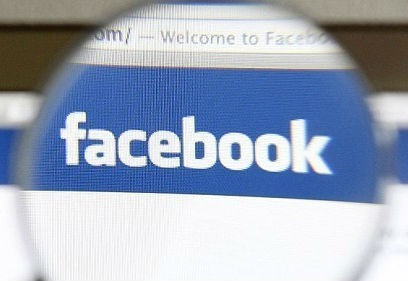Facebook Promoted Posts: Controversial Darkside or Marketing Strategy?

Earlier this year, Facebook launched its latest feature, promoted posts, which enables users to promote their status updates in return for a fee. Initially, this feature was solely meant for 'personal use' - ie: for users with less than 5,000 friends or subscribers.
However, now the social network has decided to expand it to more popular users and brands as well. According to Facebook, the promoted posts have been invented to keep everyone - users, advertisers and investors - happy.
The principle of promoted posts is that users can pay to promote their status updates to end up higher in news feeds. Facebook says that regular posts only reach 15-20% of a user's audience but by promoting them that number can increase to reach almost all of a user's network.
However, not everybody seems to be happy with this development. Marketers and advertisers have complained that the previous amount of traffic to their websites generated by Facebook has dropped immensely, sometimes by as much as 50%.
They blame the promoted posts, saying that Facebook actively reduces revenues of traditional posts, click-throughs and traffic to companies' websites. Basically, companies have to pay for fans they already have, they say.
Ryan Holiday, author of Trust Me, I'm Lying: Confessions of a Media Manipulator, says: "At the root of Facebook's model is a conflict of interest: The worse their service 'works' for brands, the more brands will need to pay Facebook. Why? Because originally Facebook's model was different, the better it worked the more brands invested in and became dependent on the platform."
Facebook claims that it introduced the promoted posts primarily for the benefit of users because it prevents their Facebook pages from becoming inundated with unwanted messages and spam.
However, Ryan Holiday questions that motive, asking why Facebook doesn't let users decide for themselves which content they do and don't want to see.
Increasingly, Facebook users don't only use the social network to connect with other people but also because they want to follow brands and organisations they like. By manipulating news feeds with promoted posts, Facebook may prevent users from getting the content that they want.
It is clear that Facebook is trying extremely hard to strike a delicate balance between attending to the commercial needs of advertisers and the quality of the user experience.
Facebook has initiated a new recruitment drive for IT jobs in developing advertising solutions which will hopefully keep all parties satisfied. Whether the promoted posts will contribute to that, however, remains to be seen.
© Copyright IBTimes 2025. All rights reserved.





















